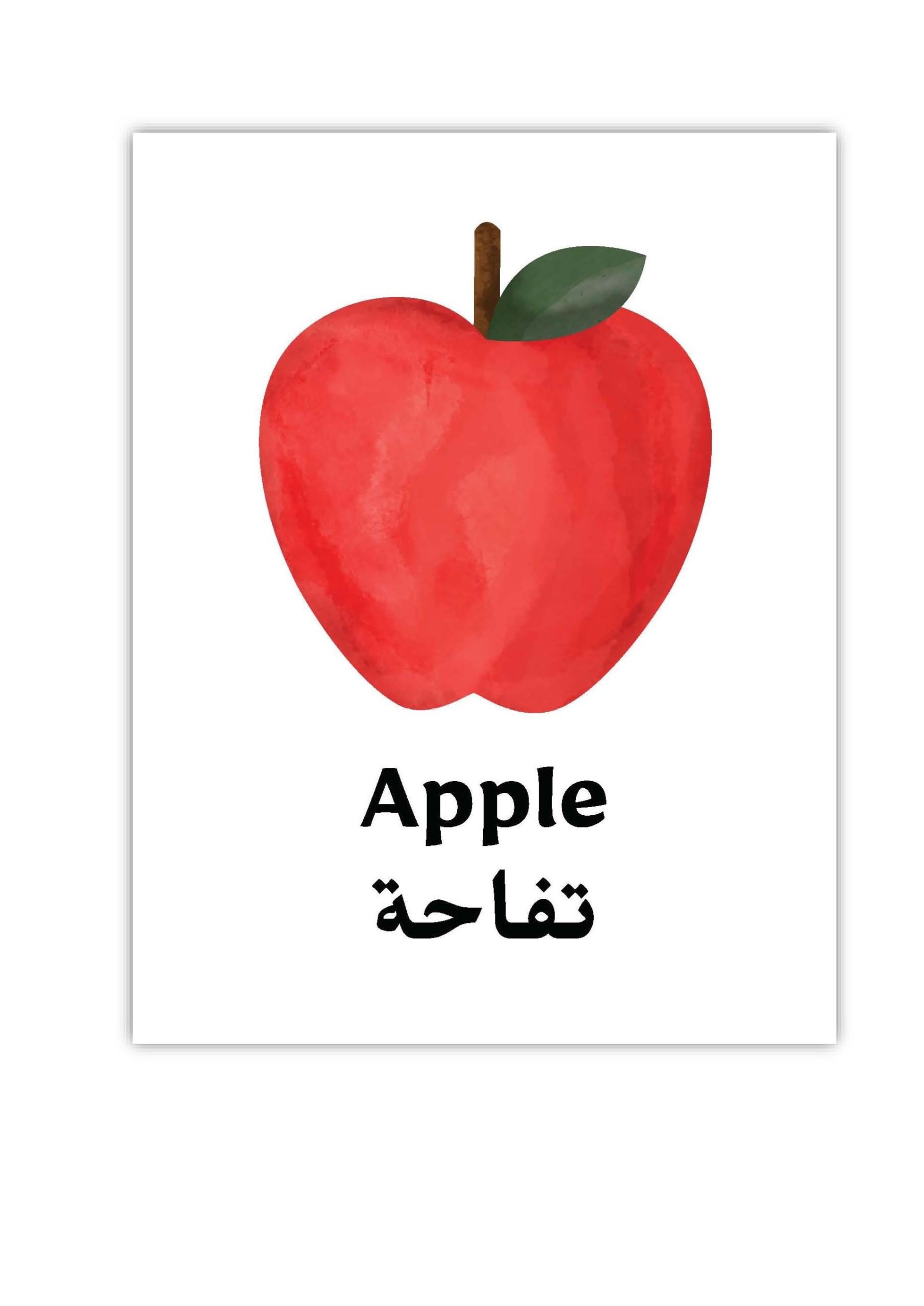Fruits are an essential part of a healthy diet, providing us with essential vitamins, minerals, and fiber. In Arabic cuisine, fruits are often used in a variety of dishes and desserts, adding a burst of flavor and freshness to the meal.
There is a wide variety of fruits that are popular in Arabic countries, each with its own unique taste and nutritional benefits. From juicy oranges to sweet dates, fruits play a significant role in the culinary traditions of the region.
Fruits in Arabic
1. تفاح (Tuffah) – Apple

Apples are a popular fruit in Arabic cuisine, often used in salads, juices, and desserts. They are rich in fiber and vitamin C, making them a healthy and versatile ingredient.
2. تمر (Tamr) – Dates

Dates are a staple in Arabic diets, enjoyed fresh or dried. They are a good source of energy, fiber, and essential minerals like potassium and magnesium.
3. برتقال (Burtuqal) – Orange

Oranges are a refreshing and nutritious fruit that is commonly consumed in Arab countries. They are high in vitamin C and antioxidants, making them a great immune-boosting snack.
4. عنب (‘Anab) – Grapes

Grapes are a popular fruit in Arabic cuisine, often used in salads, desserts, and as a snack. They are rich in antioxidants and vitamins, promoting heart health and overall well-being.
5. تين (Teen) – Fig

Figs are a sweet and nutritious fruit that is enjoyed fresh or dried in Arabic dishes. They are high in fiber, potassium, and vitamins, making them a healthy addition to any diet.
In conclusion, fruits are an essential component of Arabic cuisine, providing both flavor and nutrition to dishes. Incorporating a variety of fruits into your diet can help you stay healthy and energized, while also adding a touch of sweetness to your meals.
